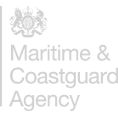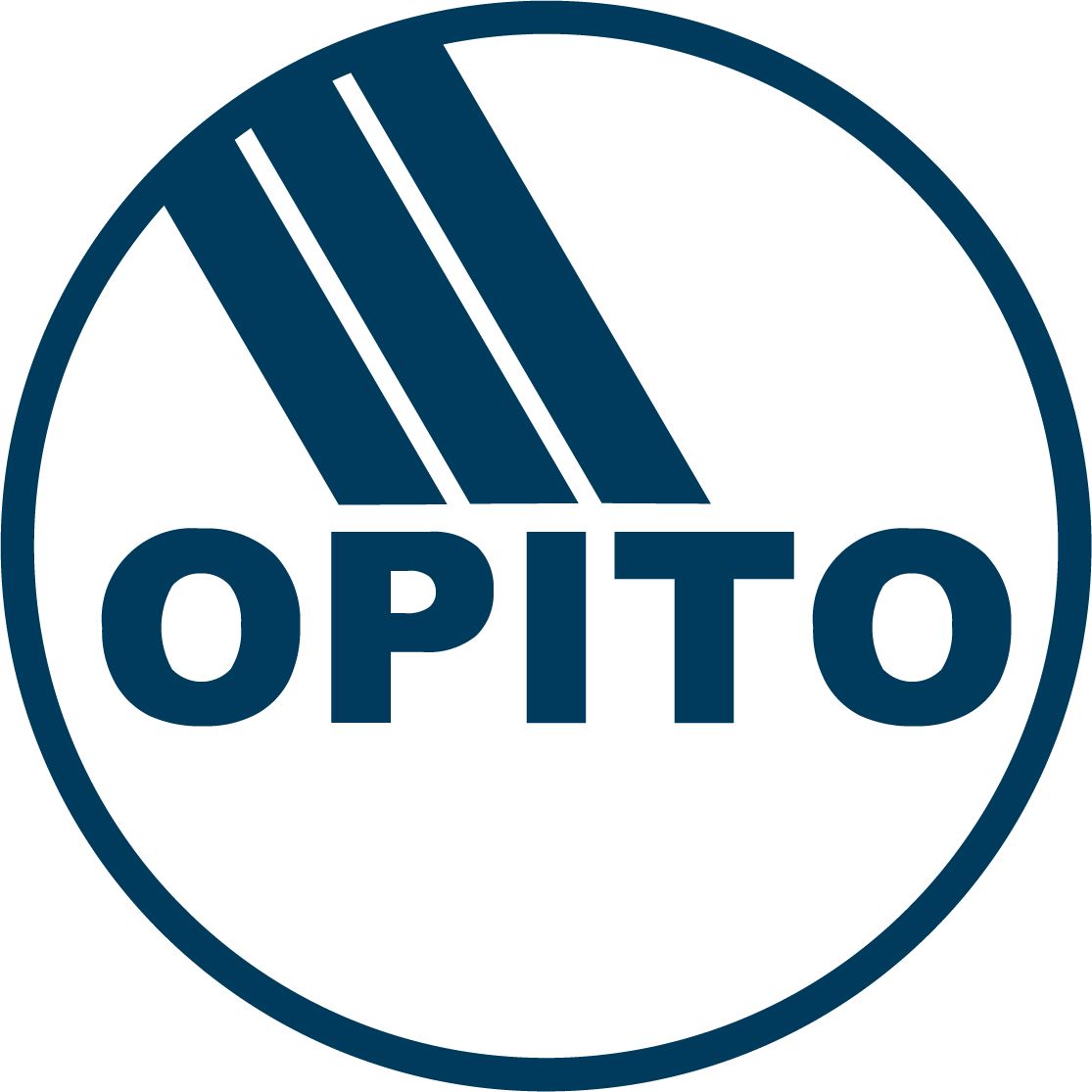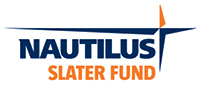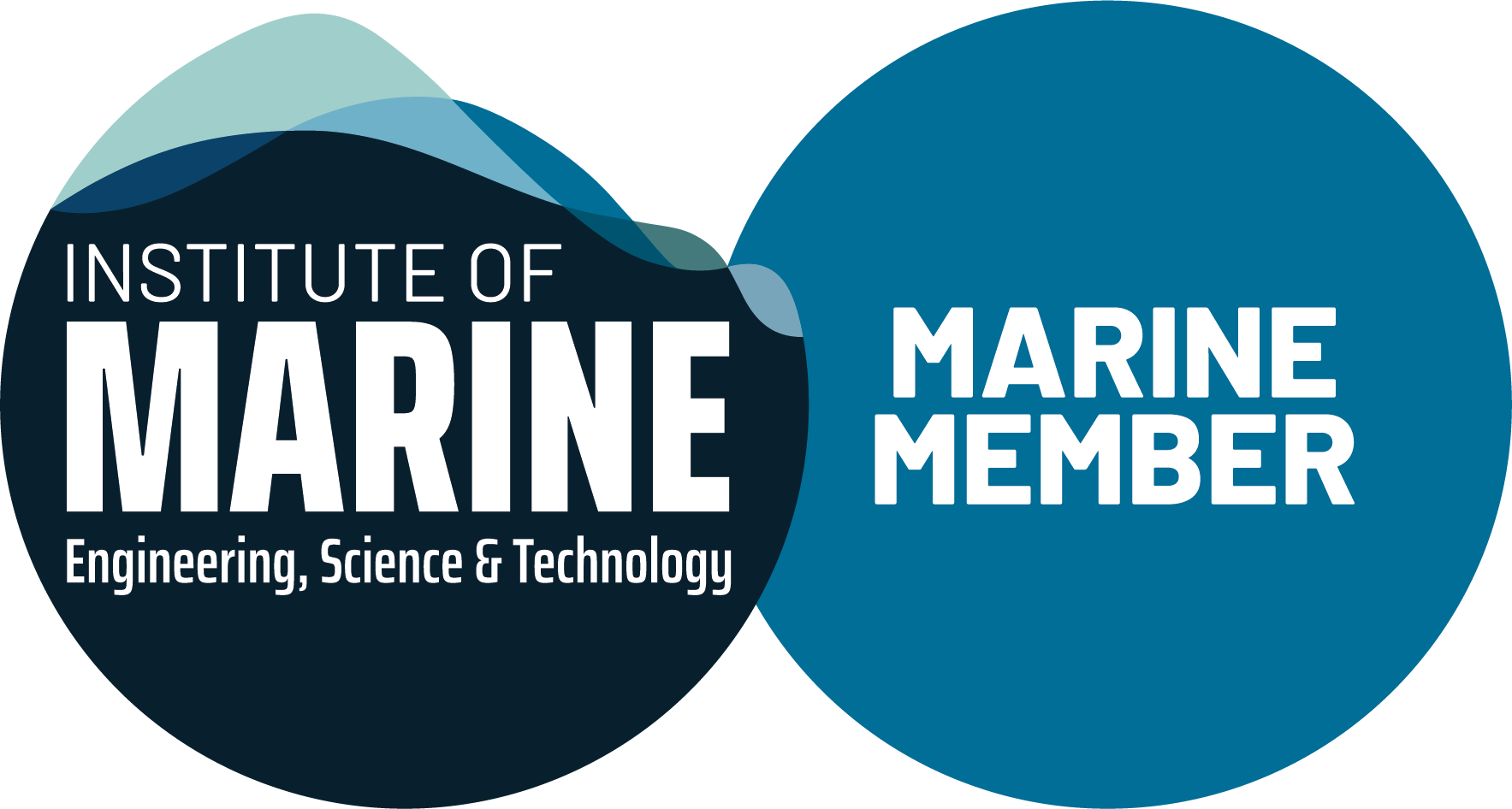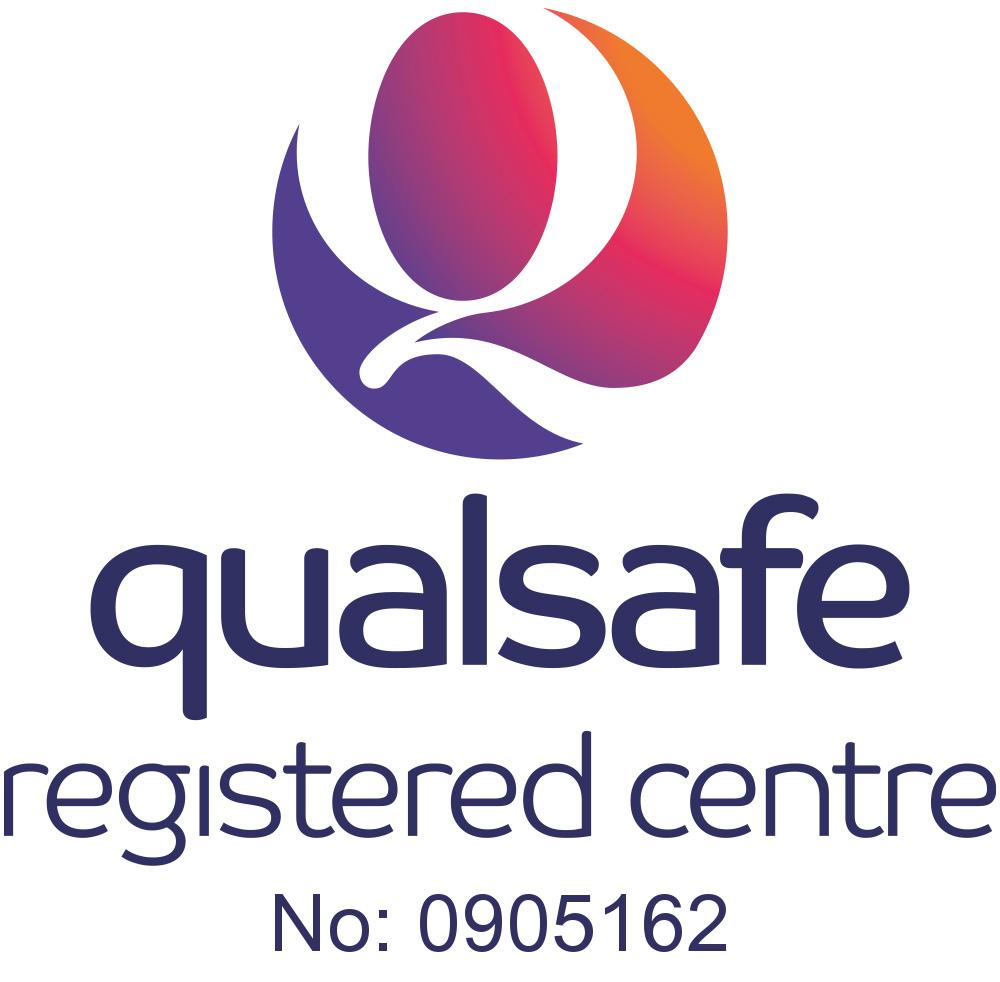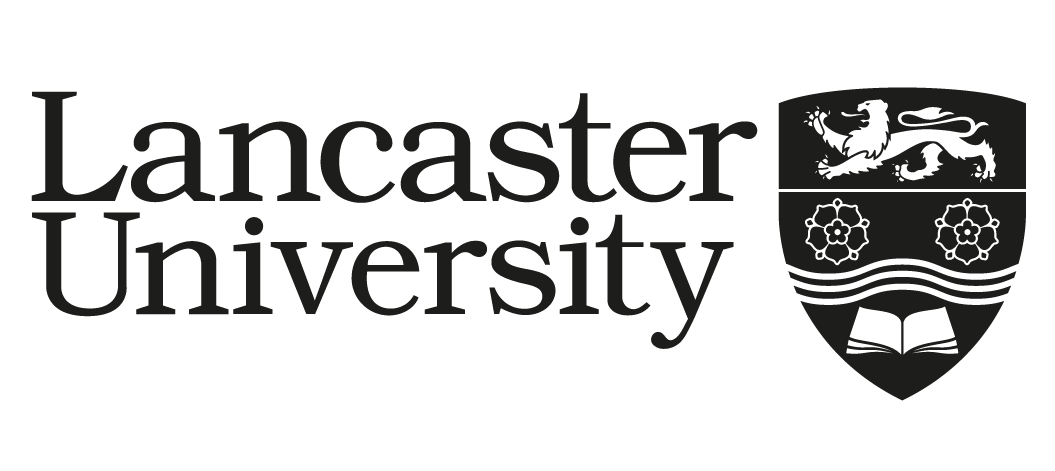Engineering Shipping and Maritime Operations - Level 3
Course Code: MF1FE03
Maritime & Nautical
Next course dates
Course Overview
This is a sponsored route, which means that your studies will be sponsored by a shipping/training company. Find out more about sponsorship opportunities at the Careers at Sea website.
This course provides the skills, knowledge and experience to become an engineering officer in the Merchant Navy, or to pursue various maritime/engineering opportunities, at sea and ashore. It offers an exciting opportunity to train towards a rewarding career while travelling the world and earning a tax-free salary.
The course is delivered during the first of five phases that constitute a three-year cadet training programme at one of the UK’s top nautical institutions. You will benefit from expert tutors, a bespoke £1.2m Marine Engineering Centre and strong industry partnerships that lead to excellent employment opportunities.
Entry Requirements
Qualifications from prior to 2017
Four GCSEs or Scottish Standard Grades including English, Mathematics and Science – Grades A-C
Qualifications from 2017 onwards
Four GCSEs or Scottish Standard Grades including English, Mathematics and Science – Grades 9-4 (England), 1-4 (Scotland), A-C (Wales)
Please be aware that sponsoring companies will require you to pass an ENG1 Seafarer Medical examination which will include testing for colour-blindness.
Qualification Obtained
Diploma in Maritime Studies
Assessment Methods
Your course will consist of the following elements. Completion of all SQA academic units will lead to the achievement of a Level 3 Diploma in Maritime and Shipping Operations
- Level 3 Shipboard Operations: An Introduction
- Level 3 Maritime Industry: An Introduction
- Level 3 Naval Architecture – An Introduction
- Level 3 Transverse Stability of Ships: An Introduction
- Level 3 Maths for Maritime (Engineering)
- Level 3 Marine Thermodynamics: An Introduction
- Level 3 Marine Mechanics: An Introduction
- Level 3 Electro-technology: An Introduction
- Level 3 Marine Engineering Practice: An Introduction
- Enrichment
- Workshop Skills
Phase 1 Short courses:
- Basic Training For Seafarers (STCW 95)
- Proficiency In Survival Craft and Rescue Boats
- Designated Security Duties
- Tanker Familiarisation
- Entry into Enclosed Spaces
Students are assessed by a combination of presentations; written examinations; a portfolio of evidence; assignments; projects; observation and reviews.
Real-life learning
All students will need to complete a Training Record Book of skills gained at sea for Operations and Management. For sponsored students this will consist of a minimum of 12 months spent at sea.
Teaching and Learning Methods
This course is delivered using several methods. You will develop theoretical knowledge, brought to life through practical hands-on skills training and linked to industry through simulation. Finally, you will consolidate your skills and knowledge with a period of work-based learning spent on board one or more Merchant Navy vessels.
Industry Placement and Field Trips
As part of this programme, you may have the opportunity to visit working vessels whilst in port. At the end of this programme, you will step aboard a vessel as a member of the ship’s crew where you can start to put theory into practice.
Other Costs and Equipment Needed
There are no additional costs needed to complete this course.
You will require access to a laptop or device with internet access.
Mandatory requirements
- Non-programmable scientific calculator
- Writing materials and drawing instruments, which can be purchased from college or any other supplier. When purchasing standard items, the cost will not normally exceed £100. You will be required to purchase these at the start of the course.
Expert Tutors
All staff involved in the delivery of any courses within the College are approved to teach and/or assess the subjects and modules they deliver. The approval process ensures that staff delivering and/or assessing a given programme are appropriately qualified, with relevant technical and industrial experience and professional practice.
Tuition Fees
Read our tuition fees guide.
Regulation and Accreditation
Accrediting Institution: N/A
Terms and Conditions
Read our full terms and conditions for more information.



